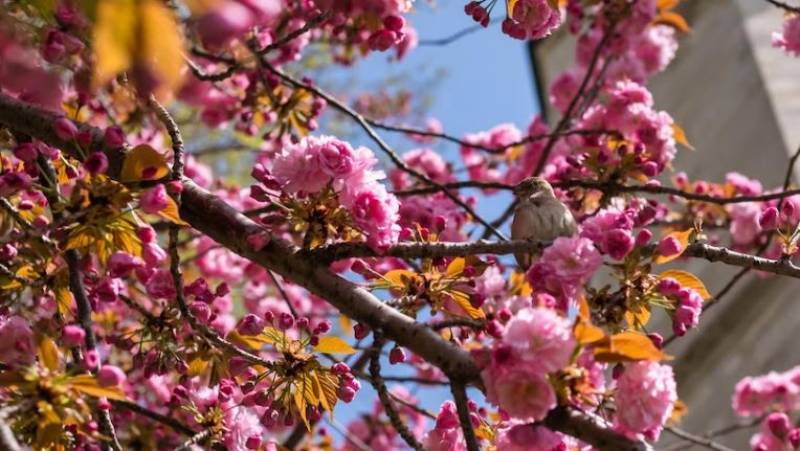Date Published: 20/03/2023
ARCHIVED - Murcia farmers plant new varieties of fruit trees to tackle climate change
Many crops in the Region of Murcia will suffer a low yield this year due to rising temperatures and shorter winters

Spring has officially arrived and this time of year, the fields of Murcia are usually bathed in blossoms and colour, the sign of a plentiful harvest to come. However, the drastic rise in temperature as a result of climate change poses an uncertain future for stone fruit, an abundant crop in the Region but one which needs extreme cold to flourish.
Scientists predict that the global temperature will rise by as much as 4ºC by the end of the century and this is already evident in the Mediterranean basin, which has just experienced its warmest November, December and early January in history. The trouble, according to agriculturalists, is that many varieties of apricot, peach, nectarine, Paraguayan and plum favoured by farmers in Murcia can’t handle the heat, and have shown significant delays in flowering.
Frosts out of season are also another drawback and heat waves in summer also wreak havoc on crops.
Farmers are slowly adapting to climate change by planting crops that don’t require such a prolonged resting period in winter, David Ruiz, a researcher at the Department of Plant Breeding at the Centre for Soil Science and Applied Biology of Segura (CEBAS-CSIC) explained. However, "there are still a significant number of plots where there is poor adaptation because the farmer has chosen varieties with higher cold needs for the area in which he is,” he added.
But while the experts in Murcia are working on creating a catalogue of crops that can withstand the lack of cold, and genetic improvements have been made to some varieties of plums, almond and apricot trees, the financial implications for farmers could be devastating, since it takes between 15 and 25 years for many plantations to yield a return.
The costs of agricultural insurance are also going to increase due to the problem of climate change, another factor that stone fruit producers must take into account.
"In addition, we have to irrigate with the most expensive cubic meter of water in history and with very restrictive regulations regarding phytosanitary products and fertilizers,” Pascual Hortelano , head of the stone fruit sector of the Federation of Agricultural Cooperatives of Murcia (FECOAM), added.
The importance of information and training for farmers can’t be understated, he said, warning that this year, “there are several cultivated varieties that will have problems.”
Image: Freepik
Loading
Sign up for the Spanish News Today Editors Roundup Weekly Bulletin and get an email with all the week’s news straight to your inbox
Special offer: Subscribe now for 25% off (36.95 euros for 48 Bulletins)
OR
you can sign up to our FREE weekly roundup!
Read some of our recent bulletins:
Discount Special Offer subscription:
36.95€ for 48 Editor’s Weekly News Roundup bulletins!
Please CLICK THE BUTTON to subscribe.
(List price 3 months 12 Bulletins)
Read more stories from around Spain:
Contact Spanish News Today: Editorial 966 260 896 /
Office 968 018 268



































